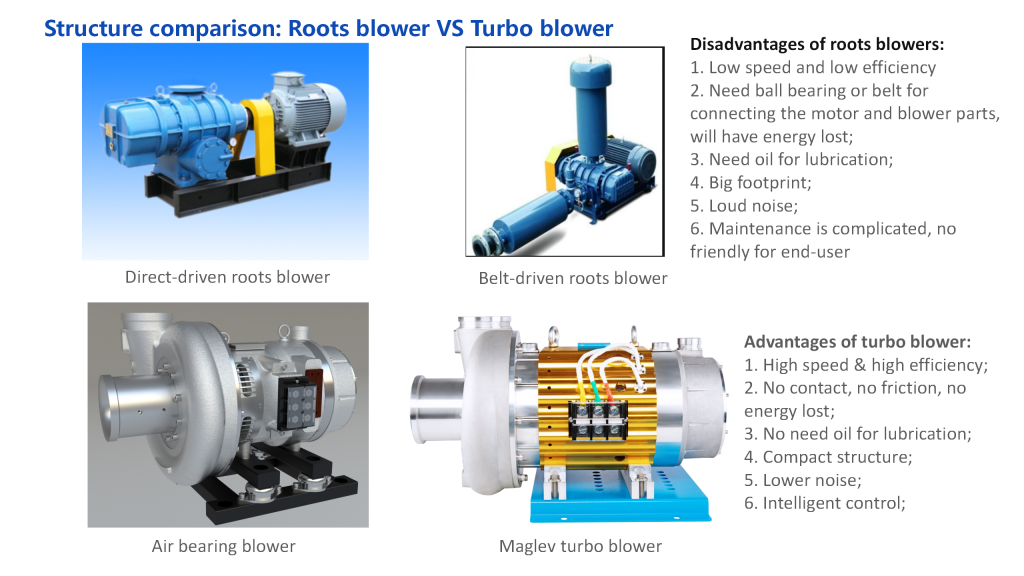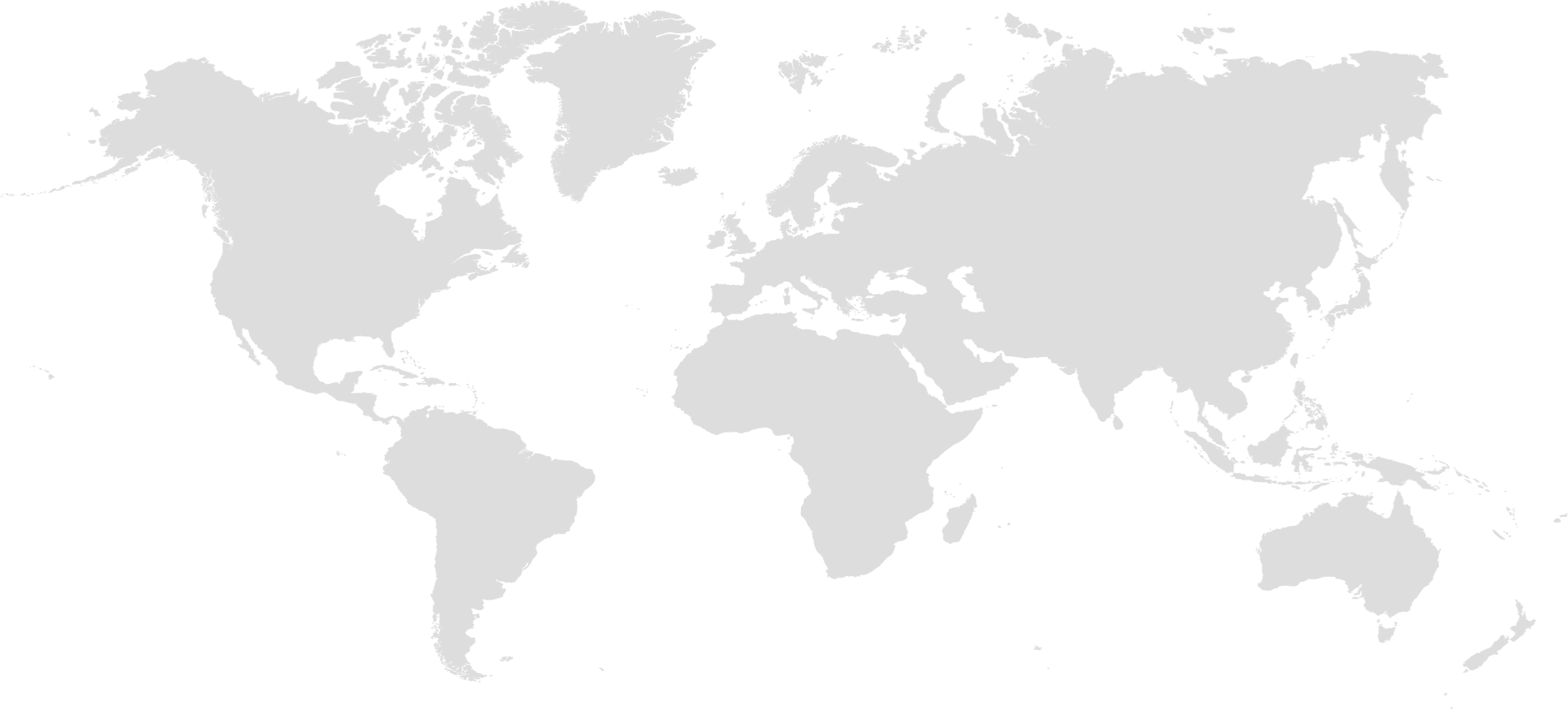How Does Material Choice Affect the Durability and Cost of Turbo Blowers?
Material selection plays a critical role in determining the durability, efficiency, and price of air blower machines. As a leading turbo blower manufacturer, RAETTS understands that the materials used in the construction of a blower significantly influence both its performance and cost. The key materials commonly used in blower manufacturing include metals like aluminum and stainless steel, as well as advanced composites and alloys.
Stainless steel, for example, is highly durable and resistant to corrosion, making it ideal for blowers used in harsh environments such as chemical plants or food processing facilities. However, stainless steel is often more expensive than alternatives like aluminum, which offers excellent corrosion resistance at a lower cost but may not provide the same level of strength and heat resistance. Advanced composites and alloys are also becoming popular due to their lightweight properties and high strength, but they often come at a premium price.
At RAETTS, we carefully select materials based on the specific application and operating environment of the blower. By balancing cost with performance, we ensure that our customers receive a blower that meets their operational requirements while remaining cost-effective. This material optimization contributes to lower long-term maintenance costs and improved energy efficiency, adding value to the initial investment.
What is the Cost Difference Between Common Materials in Blower Manufacturing?
The cost of manufacturing turbo blowers can vary significantly based on the materials used. At RAETTS, we offer a range of material options to suit different budgets and performance needs. For example, aluminum is generally more affordable compared to stainless steel, but the price difference comes with trade-offs in durability and heat resistance.
Aluminum is lightweight and resistant to corrosion, making it an excellent choice for applications where weight is a factor, such as HVAC systems. However, it may not be suitable for high-temperature or highly corrosive environments, where stainless steel or high-performance alloys are a better option. While stainless steel offers superior durability and corrosion resistance, it comes with a higher price tag due to its manufacturing complexity and material cost.
On the higher end, advanced composites and alloys provide exceptional strength-to-weight ratios and improved thermal performance, making them ideal for specialized applications such as aerospace or high-precision industrial processes. However, these materials significantly increase the upfront cost of the blower.
RAETTS helps customers make informed decisions by offering detailed cost-benefit analyses based on the specific materials required for their blowers. This ensures that each customer receives the best balance of cost and performance for their application, without overspending on unnecessary features.
Peer Product Comparison: RAETTS vs Competitors
When comparing RAETTS’ turbo blowers with those of other manufacturers, our focus on material selection for both performance and cost-effectiveness sets us apart. Many competitors may offer blowers with standard materials that may not be optimized for specific applications, leading to higher maintenance costs or premature failure. RAETTS, on the other hand, provides tailored solutions based on the operational requirements of each client, ensuring that the materials used are best suited for the application.
Some competitors may use lower-cost materials to reduce upfront prices, but this often results in reduced longevity and higher maintenance costs over time. For example, a competitor might offer an air blower with a basic steel frame for a lower price, but this could lead to faster wear and corrosion in humid or corrosive environments. RAETTS, by contrast, offers options like corrosion-resistant aluminum or stainless steel, ensuring better durability and performance in challenging conditions.
Additionally, RAETTS focuses on energy efficiency through lightweight materials like aluminum, which can reduce overall energy consumption in high-volume air movement applications. This contrasts with some manufacturers who may prioritize short-term savings over long-term operational efficiency.
How Can RAETTS Help Optimize Material Selection for Better Pricing?
At RAETTS, we understand that optimizing material selection is crucial for both performance and cost control in turbo blower manufacturing. Our team works closely with customers to identify the most suitable materials based on factors like operating temperature, environmental conditions, and performance requirements. This collaboration ensures that the blower machine is cost-effective without compromising on durability or efficiency.
For example, in applications where corrosion resistance is a priority, we may recommend stainless steel or specially treated aluminum to ensure long-term performance. For high-heat applications, advanced alloys or composites might be the best choice, despite their higher initial cost, due to their longevity and superior thermal properties. Additionally, our design team takes weight and energy efficiency into account, suggesting lightweight materials like aluminum for systems where these factors are critical.
RAETTS also employs modern manufacturing techniques to reduce material waste and optimize the cost of production, ensuring that our turbo blowers remain competitively priced. By offering customized material solutions, we help our clients strike the perfect balance between performance, durability, and cost.
Conclusion
Material selection is a key factor in determining both the cost and quality of air blower machines. RAETTS, as a leading turbo blower manufacturer, offers a wide range of material options to meet the diverse needs of our customers, from cost-effective aluminum to high-performance stainless steel and advanced composites.
Compared to competitors, RAETTS excels in providing tailored material solutions that optimize both performance and cost. Our expertise in material selection ensures that customers receive a turbo blower that meets their operational requirements while maximizing durability and energy efficiency, all at a competitive price.






